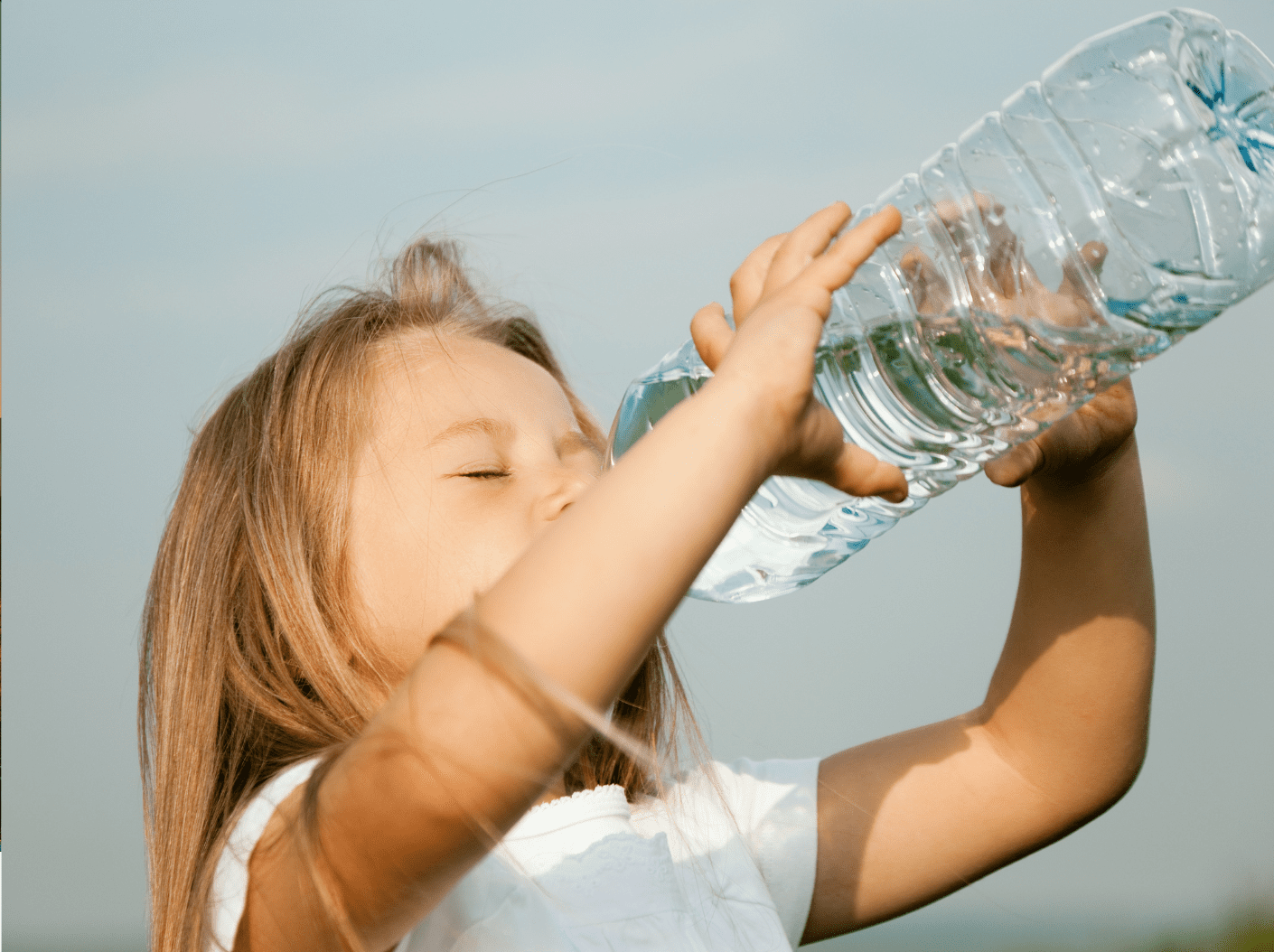Hydration is a fundamental aspect of health, especially for children whose bodies are still developing. As parents and caregivers, your role in ensuring that children consume adequate amounts of water is crucial for their overall well-being, affecting everything from physical health to cognitive function. This article explores the importance of hydration in children’s health, highlighting the benefits, potential risks of dehydration, and practical tips for you to ensure your children stay properly hydrated.
Benefits of Proper Hydration
Optimal Physical Health
Water is essential for numerous bodily functions. It regulates body temperature, aids in digestion, and helps transport nutrients and oxygen to cells. For children, who are often physically active and more prone to losing fluids through sweat, maintaining adequate hydration is vital. Proper hydration supports muscle function and can prevent cramps and injuries during physical activities.
Cognitive Function and Performance
Hydration plays a significant role in maintaining cognitive function. Studies have shown that even mild dehydration can impair concentration, memory, and mood. For children, this can translate to decreased performance in school and difficulties with learning and behavior. Ensuring they drink enough water can enhance their ability to focus and retain information, leading to better academic outcomes.
Digestive Health
Water aids in digestion by helping break down food and absorb nutrients. It also prevents constipation, a common issue among children. Adequate hydration ensures smooth bowel movements, reducing the risk of discomfort and gastrointestinal problems.
Energy Levels
Children are naturally energetic, but dehydration can quickly lead to fatigue and decreased stamina. Water is a crucial component of energy production at the cellular level. When children are well-hydrated, they are more likely to have sustained energy throughout the day, which is important for both play and learning.
Risks of Dehydration
Physical Consequences
Dehydration can lead to several physical issues, including headaches, dizziness, and severe conditions like heat exhaustion or heat stroke, particularly during hot weather or intense physical activity. Chronic dehydration can also contribute to kidney stones and urinary tract infections.
Cognitive and Emotional Impact
Beyond physical health, dehydration can affect a child’s mood and cognitive abilities. Symptoms such as irritability, lack of focus, and poor academic performance can often be traced back to inadequate fluid intake. In severe cases, dehydration can cause confusion and lethargy, significantly impacting a child’s daily functioning.
Practical Tips for Ensuring Adequate Hydration
Regular Reminders
Children often do not recognize when they are thirsty. Parents and caregivers should encourage regular water intake throughout the day, not just during meals. Establishing set times for drinking water, such as after waking up, before bed, and at intervals throughout the day, can help.
Accessible Water
Make water easily accessible. Ensure that children have water bottles during school, sports, and outings. Choose fun and colorful bottles to make drinking water more appealing to young children.
Infuse Water with Flavor
Some children may find plain water unappealing. Adding natural flavors such as slices of fruits (lemon, lime, berries) or herbs (mint) can make water more interesting and palatable.
Educate About Hydration
Teach children about the importance of staying hydrated and how it benefits their body. Simple explanations about how water helps them play better and stay healthy can motivate them to drink more.
Healthy Alternatives
While water should be the primary source of hydration, other fluids like milk and natural fruit juices can also contribute to overall fluid intake. However, it’s important to limit sugary drinks and sodas, as they can lead to other health issues.
Conclusion
Hydration is a critical component of children’s health that supports their physical, cognitive, and emotional well-being. By understanding the benefits of proper hydration and the risks associated with dehydration, parents and caregivers can take proactive steps to ensure that children develop healthy hydration habits. These habits, established early on, can lead to a lifetime of better health and well-being.

